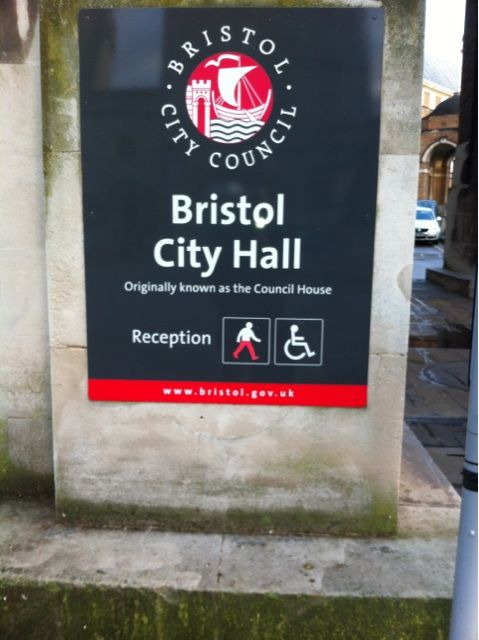The Golden Bull Awards 2012

This year’s awards were announced yesterday, 10th December, and there are some real corkers amongst the winners.
For instance, there’s the following from the newly created Cheshire, Warrington and Wirral NHS Commissioning Support Service:
A unique factor of the NHS Cheshire Warrington and Wirral Commissioning support organisation is its systematised methodology for project and programme management of small, medium, large service re-design and implementation…Building in equality and risk impact assessments the options are taken through a process to arrive at the content for an output based specification and benefits foreseen as a result of the implementation.
The service is inclusive of full engagement with Clinical Commissioning Groups who direct at decision-making points how they wish the proposal to be deployed (re-commmisson, de-commission or changes to current services/providers), and lastly an implementation team who see the service redesign through to evaluation and benefits realisation.
Another fine example comes from the London Borough of Enfield for this extract from a letter about a building’s change of use.
NOTIFICATION OF THE MAKING OF ARTICLE 4 DIRECTION (REF: Art 4/HMO) RELATING TO HOUSES IN MULTIPLE OCCUPATION
I am writing to inform you that on the 15th October 2012, the London Borough of Enfield made a direction (reference: Art 4HMO) under article 4(1) of the Town and Country Planning (General Permitted Development) Order 1995 as amended.
The direction relates to development consisting of a change of the use of a building to a use falling within Class C4 (houses in multiple occupation) of the Schedule to the Town and Country Planning (Use Classes) Order 1987 from a use falling within Class C3 (dwellinghouses) of that Schedule, and removes permitted development rights for this type of development from the date when the direction comes into force.
Finally, a private sector example. Can you decode this extract from the Investors’ Report of December 2011 from The Children’s Mutual?
UBS believe that the ‘New Normal’ economic environment of relatively low growth means that the ability to differentiate between secular and cyclical growth opportunities becomes more important and that for the foreseeable future the main driving influence on market sentiment will be the structural adjustments and the political capital required to help mitigate the contractionary influence of low growth.
What this means for portfolio construction is that in a low growth, low return, capital constrained environment, competitive advantage favours a combination of income generative, conservatively funded, self sustaining businesses – groups that UBS class as “dividend aristocrats” and who are experiencing secular growth. This leads UBS to their long-term core investment objective of being invested in high quality businesses.
If any passing reader can render the above quotations into plain English, please feel free to do so in the comments below.




